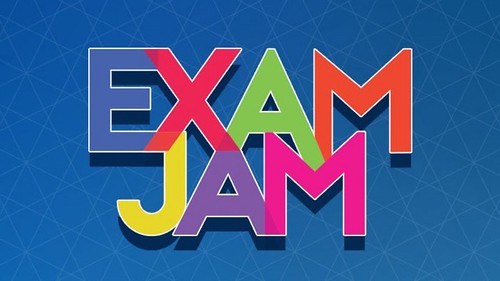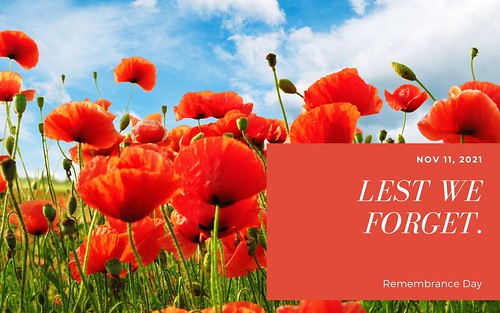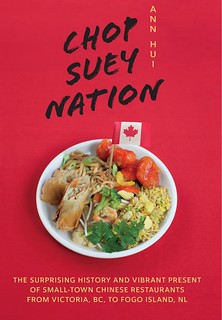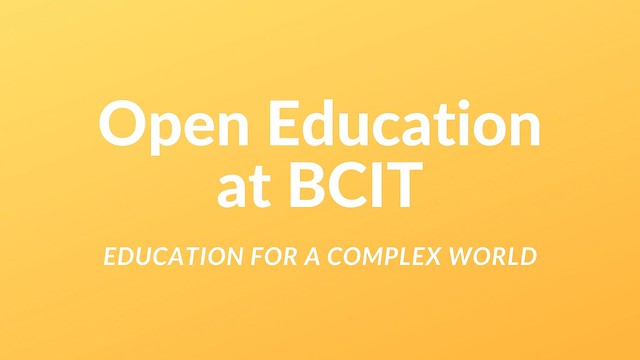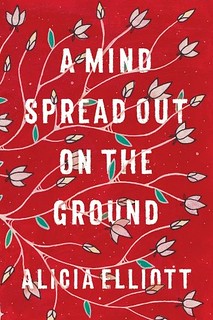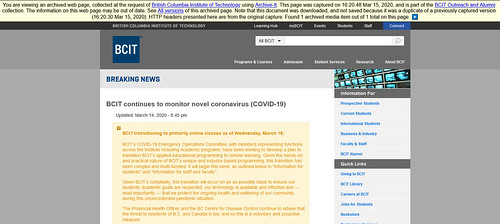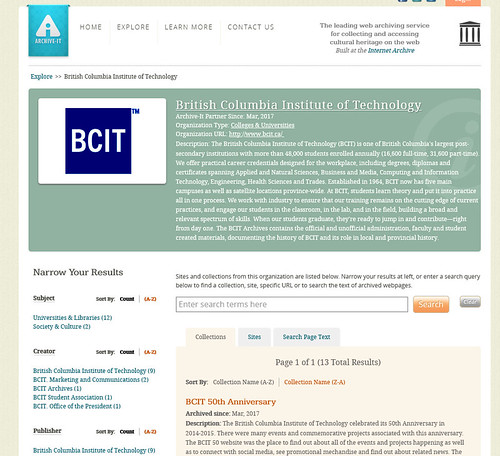by Glenice Lilje
Productivity
If there were more hours in a day, I would probably just use that time to catch up on sleep. My days off are sometimes lost to neglected house work instead of taking the time to reset and center myself. Sure, I know I have some bad habits. I admit to procrastinating and leaving projects or assignments until the 11th hour. I’d like to say that I work best under pressure, but that is definitely not the case. Most of the time, the result ends up being a caffeine fueled evening producing a haphazardly put together paper with hopes of a passing grade and a migraine to top it all off.
Now I’ve tried to remedy this with the intent of starting a project in advance only to get hit with whatever distractions that come my way. I’ve tried setting reminders and hiding my phone to prevent from getting side-tracked. I’ve even tried to change locations and attempt to do work from a nearby library or a coffee shop, only to stop to people-watch or eat copious amounts of croissants.
If you’re like me, then you may need some guidance on increasing productivity and procrastinate less. It could be as easy as finding the right time of day when we perform our best, or learning to prioritize our projects by working on the more time-consuming ones first. We can also create a task-list each day to keep us on track. Whatever the case may be, I think it is safe to say that we all aspire to have more down-time and to make the most out of our days.
Below are some helpful literature to help understand why we do the things we do and how to help curb our counterproductive habits.

Counterproductive: Time Management in the Knowledge Economy by Melissa Gregg, 2018.
Melissa Gregg is the Principal engineer and Research Director for the Intel Corporation’s Client Computing Group and has worked with many management-consultant gurus. Counterproductive: Time Management in the Knowledge Economy, provides a historical synopsis of how we view time management and productivity in the past century and how these interpretations may have hindered the workforce. Gregg takes a critical look on what “work” means in today’s world and how the concept and implementation of work will evolve in the years to come. Using race and feminist perspective, the author aims to help the reader rethink the history of time management and challenge the role and value of productivity in a world that is dominated by digital technology.

Get it Done Now! Own Your Time, Take Back Your Life by Brian Tracy, 2020.
Living during the most technologically advanced time, equipped with the tools we need to save time, yet we seem to never have enough. With countless tasks and solutions a mere click away, remaining productivity may still be an obstacle for many. Brian Tracy can explain why in one word: DISTRACTION. Receiving never-ending emails, texts, and notifications that were once a convenience can be now be seen as interruptions seeking to complicate our lives, detering us from accomplishing our goals. Tracey addresses distractions in its many forms and shows you how to regain your focus.
Available in e-book format from the BCIT Library.

Scatterbrain: How the Mind’s Mistakes Make Humans Creative, Innovative, and Successful by Henning Beck, 2019.
Neuroscientist Henning Beck explains why mistakes, missteps and flaws are the keys to success and achieving perfection is pointless. Boredom can spark inspiration. Distractions may be a gateway to creativity. Misjudging time allows us to make room for valuable memories. Our brain’s blunders can actually lead to original thinking which computers and artificial intelligence will never be able to replicate. Scatterbrain: How the Mind’s Mistakes Make Humans Creative, Innovative, and Successful offers a refreshing take on the brain’s inner workings and shows us how to appreciate our imperfect brains.



